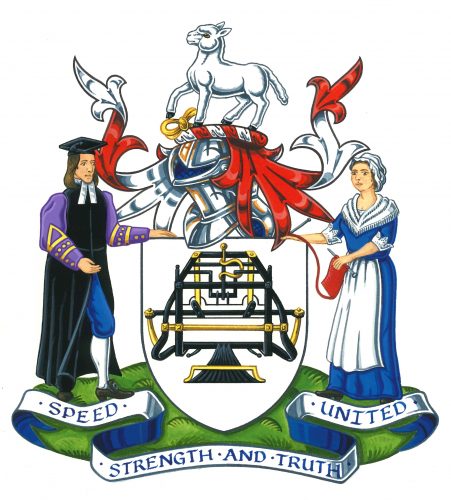(Over at Ricochet, James Pethokoukis has a post/thread on French president Macron’s call for American scientists and engineers to move to France. In comments, someone asked John Walker (cofounder of Autodesk) whether Macron could lure him to France “as part of a Silicon Valley Rhone or Loire?” Walker’s response is also in the comments. Also, this post from 2006/2009 about some earlier efforts at top-down technology-industry planning in Europe seemed relevant, so I linked it there as well.)
The invention of the transistor was an event of tremendous economic importance. Although there was already a substantial electronics industry, based on the vacuum tube, the transistor gave the field a powerful shot of adrenaline and brought about the creation of vast amounts of new wealth.
As almost everyone knows, the transistor was invented by John Bardeen, Walter Brattain, and William Shockley, all researchers at Bell Laboratories, in 1946. But a recent article in Spectrum suggests that the true history of the transistor is more complex…and interesting not only from the standpoint of the history of technology, but also from the standpoint of economic policy.
The story begins in Germany, during World War II. Owing to short-sighted decisions by the Nazi leadership, Germany’s position in radar technology had fallen behind the capabilities of Britain and of the United States. (Reacting to the prospect of airborne radar, Herman Goering had said “My pilots do not need a cinema on board!”)
But by 1943, even the dullest Nazi could see the advantages that the Allies were obtaining from radar. In February of that year, Goering ordered an intensification of radar research efforts. One of the scientists assigned to radar research was Herbert Matare, who had been an electronics experimenter as a teenager and had gone on the earn a doctorate.
A key issue in military radar was the need for shorter wavelengthswhich allowed for better target resolution (such as the ability to pick up the periscope of a submerged submarine) and also facilitated the miniaturization of radar equipment. Vacuum tube diodes (diode: a device that allows electricity to travel only in one direction) did not work well at these wavelengths, because the distance between the electrodes in the tube was too large. Matare was working with an alternative: crystal rectifiers similar to those he had tinkered with as a teenager.
In the course of this work, he noticed that when configured in a certain way, a device made of germanium could do more that provide a one-way gate: it could amplify. A small signal could control a more powerful current. In principle, the vacuum tubefragile, bulky, power-hungry, and hot-runningcould be replaced with devices of this type.
Focused on his war work, Matare did not have time to pursue the possibilities of his invention. (And very fortunately, he and his colleagues in German science and industry never came close to matching the Allied achievements in radar.) After the war, Matare moved to Paris and went to work for a Westinghouse subsidiary, Compagnie des Freins et Signaux Westinghouse. There he met Heinrich Welker, another German, a theoretical physicist who, remarkably, had also developed a transistor-like device, and the two men began working together on understanding the technology and its potential. After they began obtaining consistent results, in 1948, they contacted the director of the PTT, the French government agency responsible for posts and telecommunications. He was too busy to come by for a demonstration. But after the announcement of the transistor by Bell Labs in July of that year, there was a sudden upsurge of interest in the Welker/Heinrich project, and the PTT minister found time to visit the lab. He urged them to apply for a French patent on the device and also suggested that they call it by a slightly different name: the transistron. By 1949, the device was in limited commercial use: first as an amplifier on the Paris-Limoges telephone line, and later on the lines running from France to Algiers.
The Spectrum article tells what happened next: not much. But the French government and Westinghouse failed to capitalize on the technical advantages in semiconductors that they then appeared to have. After Hiroshima, nuclear physics had emerged as the dominant scientific discipline in the public mind, and nuclear power was widely heralded as the wave of the future. France became enchanted with pursuing the nuclear genie unbottled in the 1940s, while ignorant of its promising transistron.


